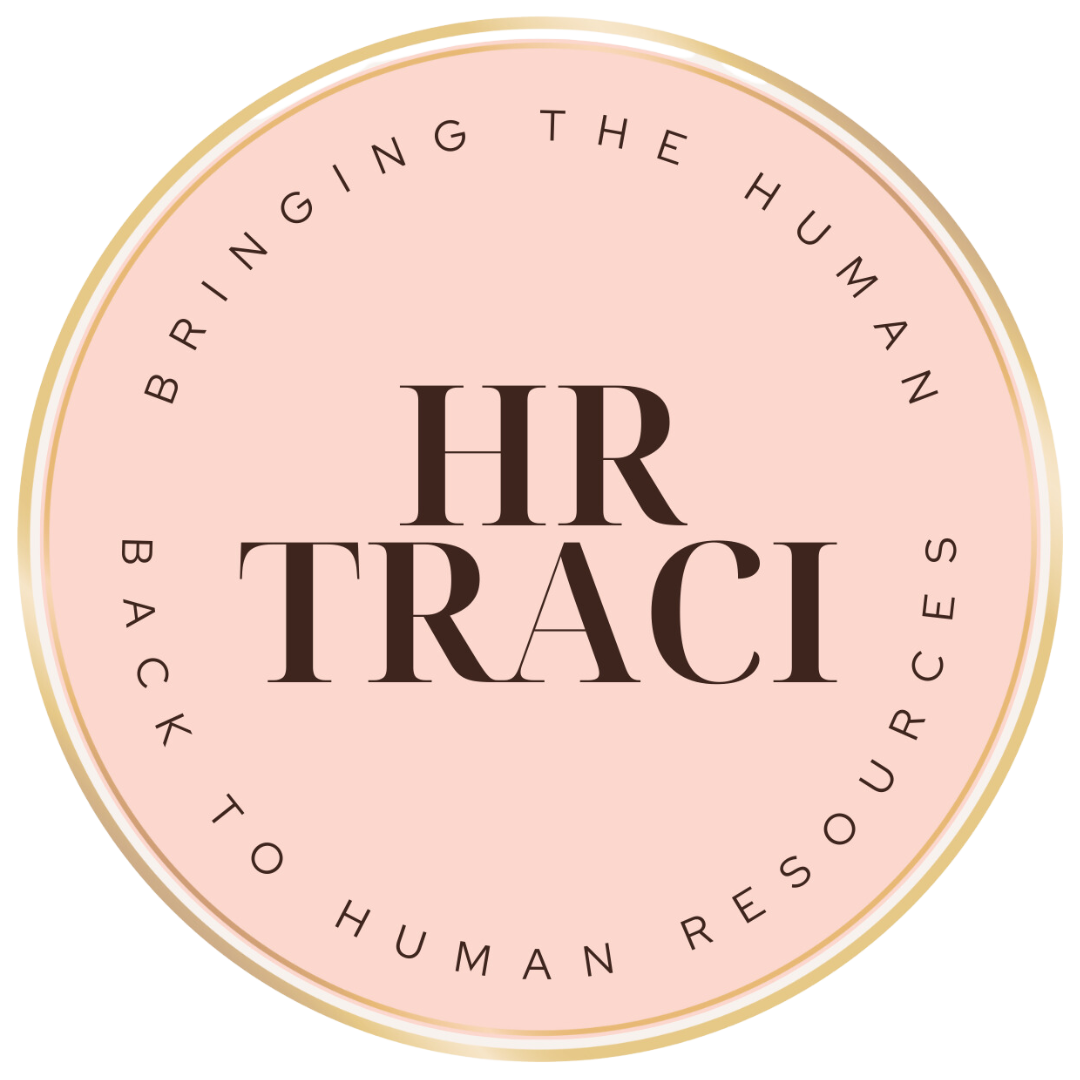The Power of Adoption Benefits in the Workplace: A Conversation with Rita Sorensen
A Deep Dive into Adoption, Foster Care, and Equitable Benefit Offerings
As the host of the “Bringing the Human Back to Human Resources” podcast, our focus is typically on workplace trends and HR topics, but this week, I had the pleasure of welcoming a special guest to the show, Rita Sorensen, President and CEO of the Dave Thomas Foundation for Adoption. Rita brings decades of experience in advocating for abused, neglected, and vulnerable children. Since 2001, she has been steering the foundation towards finding permanent families for the more than 140,000 waiting children in North America's foster care systems.
The Importance of Equitable Benefit Offerings
In our conversation, we delved into the unique topic of adoption and foster care benefits. I highlighted the importance of equitable benefit offerings for families formed through adoption or foster care, just like those formed through birth. It's a common oversight in many organizations to provide benefits for families formed through birth but neglect the needs of adoptive or foster families.
Rita explained that the Dave Thomas Foundation for Adoption encourages employers to provide adoption benefits to families in their workplace. She emphasized that adoption is an equitable process that should be supported by employers, as it creates loyalty, a family-friendly environment, and provides the same kind of support that families formed through birth receive.
Adoption Benefits: Not Just for Large Companies
One of the key points we discussed was whether adoption benefits are primarily offered by larger companies with more resources. Rita clarified that companies of all sizes can and should offer these benefits. We also touched on the importance of offering benefits such as IVF treatments, adoption, and foster care support in the workplace.
The Role of Personal Experiences in Driving Benefits Forward
Rita shared the example of the Dave Thomas Foundation for Adoption, which was created by the founder of Wendy's, Dave Thomas, due to his personal connection to adoption. This highlights the role of representation and personal experiences in driving these benefits forward.
Encouraging Business Leaders to Think Beyond Traditional Family Structures
We discussed how to encourage business leaders to think beyond traditional family structures and offer benefits that cater to diverse needs. Rita explained that offering family-friendly benefits can be a recruiting tool for potential employees who prioritize such benefits. She also mentioned that the Dave Thomas Foundation provides toolkits and resources to make it easy for employers to implement these benefits.
The Cost of Adoption and Fostering Benefits
We also delved into the average budget for adoption or fostering benefits and the average cost for individuals or families looking to adopt or foster. Rita explained that the cost can vary depending on the type of adoption, ranging from $30,000 to $40,000 for international adoption and around the same for domestic adoption. Foster care adoption is relatively inexpensive, with costs ranging from $1,000 to $3,000. She also mentioned that the average financial reimbursement offered by companies is around $12,000, with an average of eight weeks of paid leave.
The "Show Us Your Leave" Campaign and the Importance of Paid Leave
We discussed the "Show Us Your Leave" campaign, which aimed to encourage companies to improve their maternity and paternity leave policies. The campaign called on companies to publicly share their leave offerings, and some companies were embarrassed by their inadequate policies and ended up enhancing them. The goal of the campaign was not only to highlight companies with great leave benefits but also to push those with insufficient policies to do better.
The Broader Impact of Offering Adoption Benefits in the Workplace
We also discussed the broader impact of offering adoption benefits in the workplace. I mentioned the concept of how one thing can impact another, and how offering adoption benefits can have long-term benefits for a city or state. Rita agreed and highlighted the societal and economic benefits of offering adoption benefits. She believes that offering adoption benefits can have a positive reverberation through society, as it ensures that children have adoptive families who care for them instead of going through the foster care system.
The Win-Win-Win Situation
We both agreed that offering adoption benefits is a win-win-win situation. It benefits the employer, the adoptive family, and the community at large. Even simple measures like financial assistance or paid leave for adoptive families can go a long way in supporting families and the community in the long term.
In conclusion, our conversation shed light on the importance of adoption benefits in the workplace and the need for more equitable benefit offerings. As we recognize Child Abuse Awareness Month in April, Foster Care Awareness Month in May, and National Adoption Awareness Month in November, let's consider how we can enhance our company's benefits, including adoption and fostering benefits.





